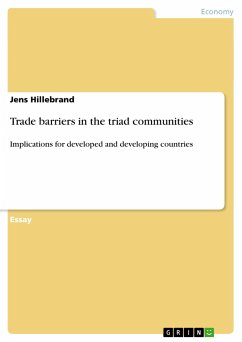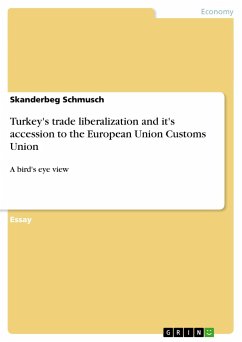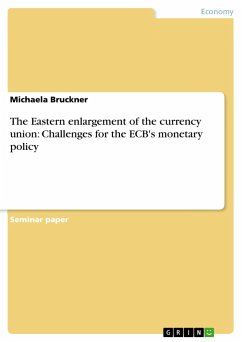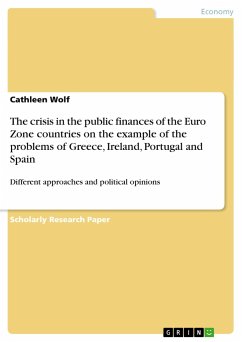Seminar paper from the year 2008 in the subject Business economics - Economic Policy, grade: 1,6, Berlin School of Economics, course: Studiengang International Management, Kurs Regional Studies, language: English, abstract: Europe has always been a region of immense historical importance and uproar. Comprising numerous different, sometimes even competing and fighting nations, Europe forms an ethnically, culturally and socially diversified continent. For centuries, it has therefore been a place of wars, revolutions and migration, as well as a well-spring of cultural imprint, Christianity and philosophy. The last century, shaped by two world wars and the Cold War, entailed a devastated and separated Europe. However, with Germany and France - two traditional arch-enemies - realizing that cooperation is better than warfare, the first milestone towards what was to become the European Union was laid. Today the Union consists of 27 member states, implying almost 500 million inhabitants. As a matter of fact, the creation of the EU itself has been a revolutionary act never encountered before in history, as several sovereign countries agreed on the long-term target of the generation of a common region of unitary legislation. Enumerating the advantages and opportunities resulting for economy, societies and individuals in the EU, one always has to take into consideration the serious challenges the formation of the Union poses to the particular member states and to their inhabitants.
Hinweis: Dieser Artikel kann nur an eine deutsche Lieferadresse ausgeliefert werden.
Hinweis: Dieser Artikel kann nur an eine deutsche Lieferadresse ausgeliefert werden.








